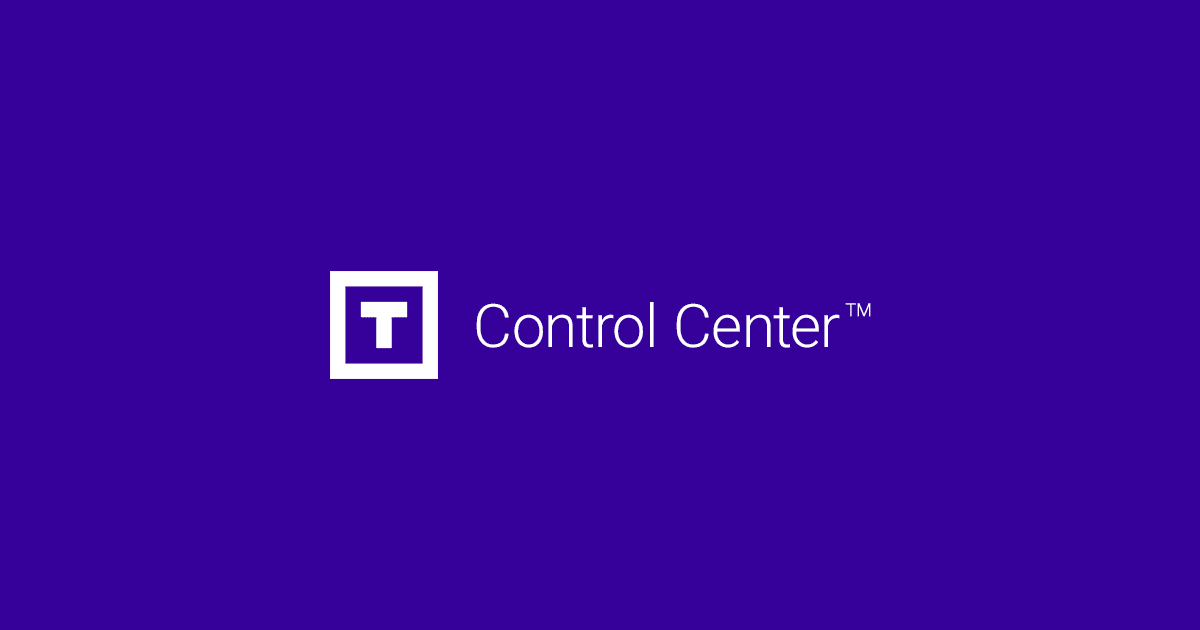
We thought the browser contest had ended in the 90s. We were wrong. It was just waiting for the next great engine of change: Artificial Intelligence.
There was a time, in the late 90s, when the icon on your desktop defined your loyalty. On one side, the capital "N" of Netscape Navigator, the audacious pioneer that taught us to "surf." On the other, the blue "e" of Internet Explorer, the pre-installed giant that used the full weight of Microsoft to dominate the new digital world.
That was the first great browser rivalry. It was a crude, clumsy, and ultimately, lopsided contest. IE won by a decisive margin, not necessarily by being better, but by simply being there, integrated to the core of every Windows PC. Netscape disappeared (though its DNA survives in Firefox), and for years, Internet Explorer reigned in a wasteland devoid of competition.
Then came the calm. A long calm. Firefox brought the ethical alternative of open source, and later Google, with Chrome, changed the game. Chrome didn't win with operating system tricks; it won with speed, simplicity, and a brilliant ecosystem. The competition, apparently, had ended in a stable truce: Chrome dominated, Safari had its walled garden in Apple, and Firefox held out as the bastion of privacy.
But we confused a long truce with permanent peace. The rivalry hasn't returned: it simply never left. The stage just changed so radically that we didn't recognize it.
From "Surfing" the Web to "Living" in It
The user of 1998 and the user of today are two different species. In the 90s, we were "internauts," digital explorers in a new and chaotic territory. The browser was our vehicle, our vessel. We used it to find things, to view static pages. It was a tool for passive consumption.
Today, we don't "go" on the internet. We live in it.
The browser has ceased to be a simple HTML viewer and has become our real operating system. We work in it, manage our finances, watch television, and socialize. The modern user doesn't just consume; they produce.
And this is where the old model breaks. A user who lives in their browser doesn't just want speed; they want assistance. And tech companies have just found the definitive tool to give it to them: generative Artificial Intelligence.
The "Copilot Moment": Microsoft Makes Its Move
For a decade, Google Chrome seemed untouchable. Its 70% market share was absolute. Microsoft, after the IE disaster, tried again with Edge—a technically excellent browser (based on the same engine as Chrome) but one that nobody asked for. It was a good product without a reason to exist.
Until Microsoft made the smartest investment of the decade: OpenAI.
In February 2023, Microsoft didn't just release an update. It set off an earthquake. By integrating ChatGPT (rebranded as Copilot) directly into the Edge sidebar, it redefined the fundamental question. The debate was no longer about who displays pages fastest. It was about who helps you understand them.
Suddenly, you could ask your browser to summarize that 10,000-word article, compare two products you had in different tabs, or draft an email based on the webpage you were viewing.
Google, the king of information, was caught by surprise. For the first time in fifteen years, Chrome looked antiquated.
AI Isn't an "Add-On," It's the New Engine
What we are witnessing is not a simple features race. This isn't about adding an "AI button" next to the bookmarks. It's a re-imagining of what a browser is.
Google, of course, has responded by integrating Gemini into Chrome. But the challenge runs deeper.
The old contest was for access. Who will be the gateway to the web?
The new competition is for context. Who will be the assistant sitting next to you as you use the web?
This dynamic is much more personal. The browser with the best AI won't just give you search results; it will know you. It will know what you're researching for work, what birthday present you're looking for, and how you prefer your news summarized.
The New Contenders and Alternative Strategies
While the two giants, Google (Chrome) and Microsoft (Edge), compete with their massive AI models, fascinating new players have emerged.
- Brave is betting on privacy and has integrated its own AI (Leo), which can run locally on your device without sending your data to the cloud.
- Opera, a veteran of the first era, re-emerged by natively integrating ChatGPT and Aria (its own AI).
- And then there's Arc, a browser that is radically rethinking the interface, treating AI not as an add-on but as the connective tissue of navigation itself, organizing tabs and summarizing content automatically.
Why This Competition Matters to Us
In the 90s, the browser rivalry defined who would control the web's standards (and left us with the trauma of sites that "only work in Internet Explorer").
This second round will define something more intimate: who will be our primary intermediary with knowledge.
The winner of this contest won't simply be the one with the most powerful AI, but the one that integrates it most fluidly, usefully, and—crucially—reliably. We are about to decide if our browser will be a simple window viewer or a true copilot for our digital life.
The blue "e" and the Netscape "N" were static icons. The new AI logos are dynamic brains competing to be the voice inside your digital head. The competition is back on, and this time, the prize is the direct interface to human intelligence.




